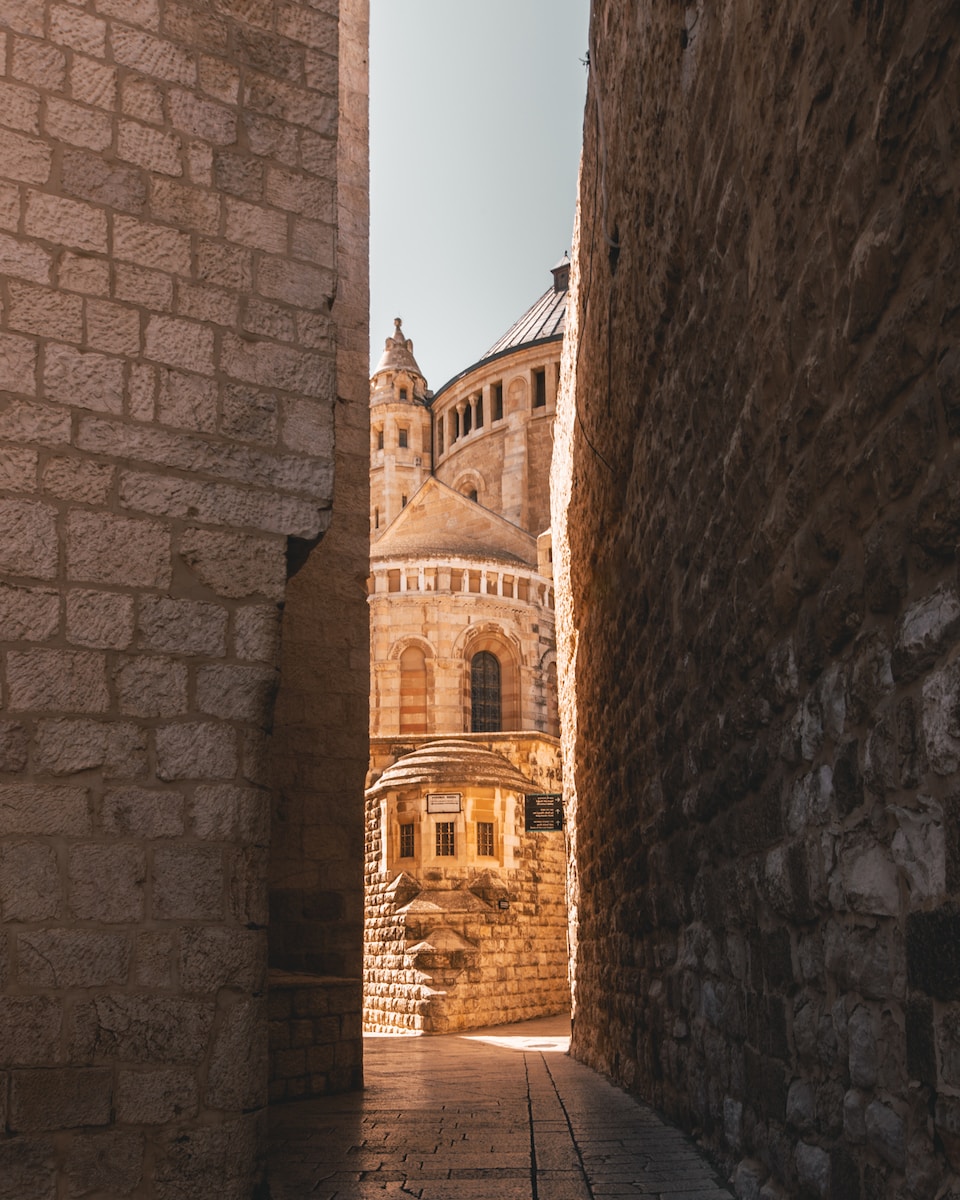Background of Ammunition Hill
Ammunition Hill, a fortified Jordanian military post in East Jerusalem, played a significant role in the Six-Day War. Originally built by the British in the 1930s to store ammunition for a police academy, the Jordanian Arab Legion took control of the hill during the 1948 Arab-Israeli War. The post consisted of bunkers, trenches, and a large underground bunker for living quarters.
During the Jordanian control of East Jerusalem, Ammunition Hill served as a strategic stronghold. It was heavily fortified and manned by Jordanian soldiers. The hill’s location provided a commanding view of the surrounding area, making it an ideal defensive position. The Jordanians believed that their control over East Jerusalem was secure and that they could repel any Israeli attempts to capture the city.
The Battle of Ammunition Hill
The Battle of Ammunition Hill took place on June 6, 1967, and lasted for several hours, resulting in the loss of 36 Israeli soldiers and 71 Jordanians. The Israeli assault force encountered a larger defensive force than anticipated due to incorrect intelligence.As commanders were killed or wounded, lower-ranking soldiers courageously took charge of the fighting, earning the battle the nickname “Privates’ Battle”.
One specific example of the bravery displayed during the battle is the story of Private Eitan Neveh. Despite being heavily outnumbered and facing fierce resistance, Private Neveh fearlessly led his squad in an assault on one of the Jordanian bunkers. He was shot multiple times but continued to advance, eliminating enemy fighters along the way. His actions allowed his comrades to capture the bunker, but tragically, Private Neveh succumbed to his injuries. For his extraordinary bravery, he was posthumously awarded the Medal of Valor.
Significance and Legacy of Ammunition Hill
The Battle of Ammunition Hill was a pivotal event in the Six-Day War, contributing to the overall Israeli military triumph and the reunification of Jerusalem. Its strategic importance had far-reaching implications for the outcome of the war and subsequent events. The capture of Ammunition Hill by Israeli forces enabled them to breach Jordanian lines, leading to the unification of Jerusalem under Israeli control.
The legacy of Ammunition Hill is preserved through the establishment of a memorial site and museum in 1975. Located on the hill itself, the memorial site serves as a place of remembrance and honors the soldiers who fought and sacrificed their lives during the battle. The museum provides a comprehensive overview of the events that took place, showcasing artifacts, photographs, and personal testimonies. It attracts an estimated 200,000 visitors annually, including 80,000 soldiers, and remains a pilgrimage site for both Israeli soldiers and civilians.
Role of Divine Grace in the Israeli Military Triumph
Many believe that divine intervention played a role in the Israeli military triumph at Ammunition Hill. The concept of divine grace guiding the Israeli soldiers is associated with their success during the battle. Numerous accounts and stories of miraculous events have been attributed to divine intervention during this critical battle.
One example of such a miraculous event is the story of a group of Israeli soldiers who were trapped in a trench under heavy enemy fire. Suddenly, a thick fog descended upon the battlefield, concealing their position from the Jordanian soldiers. This allowed the trapped soldiers to escape safely and rejoin their comrades. Such events, often attributed to divine intervention, bolstered the morale of the Israeli troops and strengthened their belief in their ultimate victory.
Heroic Stories and Acts of Bravery
The Battle of Ammunition Hill showcased numerous acts of bravery by Israeli soldiers. These soldiers demonstrated exceptional courage and determination in the face of intense fighting. Their heroic stories and acts of bravery greatly contributed to the overall outcome of the battle.
Another remarkable story of bravery is that of Sergeant Rami Ayalon. During the assault on Ammunition Hill, Sergeant Ayalon’s squad came under heavy fire from a Jordanian machine gun nest. Without hesitation, he charged the enemy position, single-handedly neutralizing the threat and allowing his fellow soldiers to advance. Despite being wounded multiple times, Sergeant Ayalon continued to lead his squad and inspire them with his unwavering bravery.
Impact of the Battle on the Six-Day War
The successful capture of Ammunition Hill held significant strategic value within the context of the Six-Day War. It played a crucial role in the overall Israeli military triumph and the reunification of Jerusalem. The battle marked a turning point in the war and had lasting implications for subsequent events.
The capture of Ammunition Hill not only secured a vital position for Israeli forces but also symbolized the determination and resilience of the Israeli people. It was a testament to their unwavering commitment to protect their homeland and their willingness to make great sacrifices for the sake of their nation. The victory at Ammunition Hill boosted the morale of Israeli troops and had a demoralizing effect on the Jordanian forces, further tilting the balance in favor of the Israelis.
Conclusion
The Battle of Ammunition Hill, fought on June 6, 1967, was a momentous event in the Six-Day War, where Israeli soldiers displayed incredible bravery and determination. The capture of Ammunition Hill played a vital role in the Israeli military triumph and the reunification of Jerusalem. Today, the memorial site and museum on Ammunition Hill stand as a testament to the battle’s legacy, attracting thousands of visitors each year.
The heroic stories of the soldiers who fought at Ammunition Hill continue to inspire generations, reminding us of the sacrifices made in the pursuit of freedom and the defense of one’s homeland. The battle serves as a symbol of the indomitable spirit of the Israeli people and their unwavering commitment to protect their land and heritage. As we reflect on the events that took place at Ammunition Hill, we are reminded of the courage and resilience that can be found in the human spirit, even in the face of seemingly insurmountable odds.



